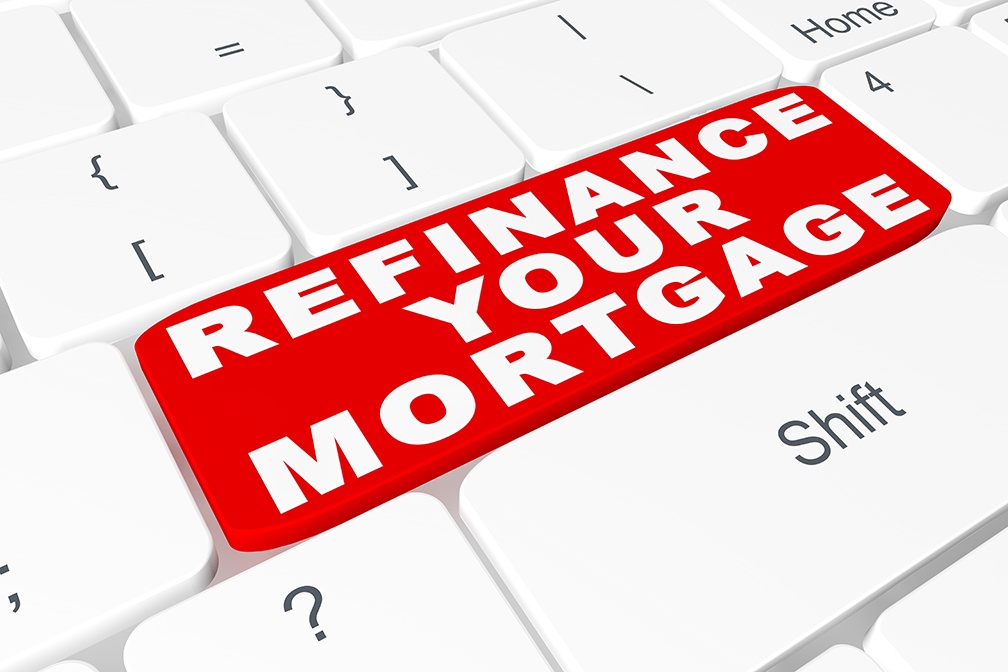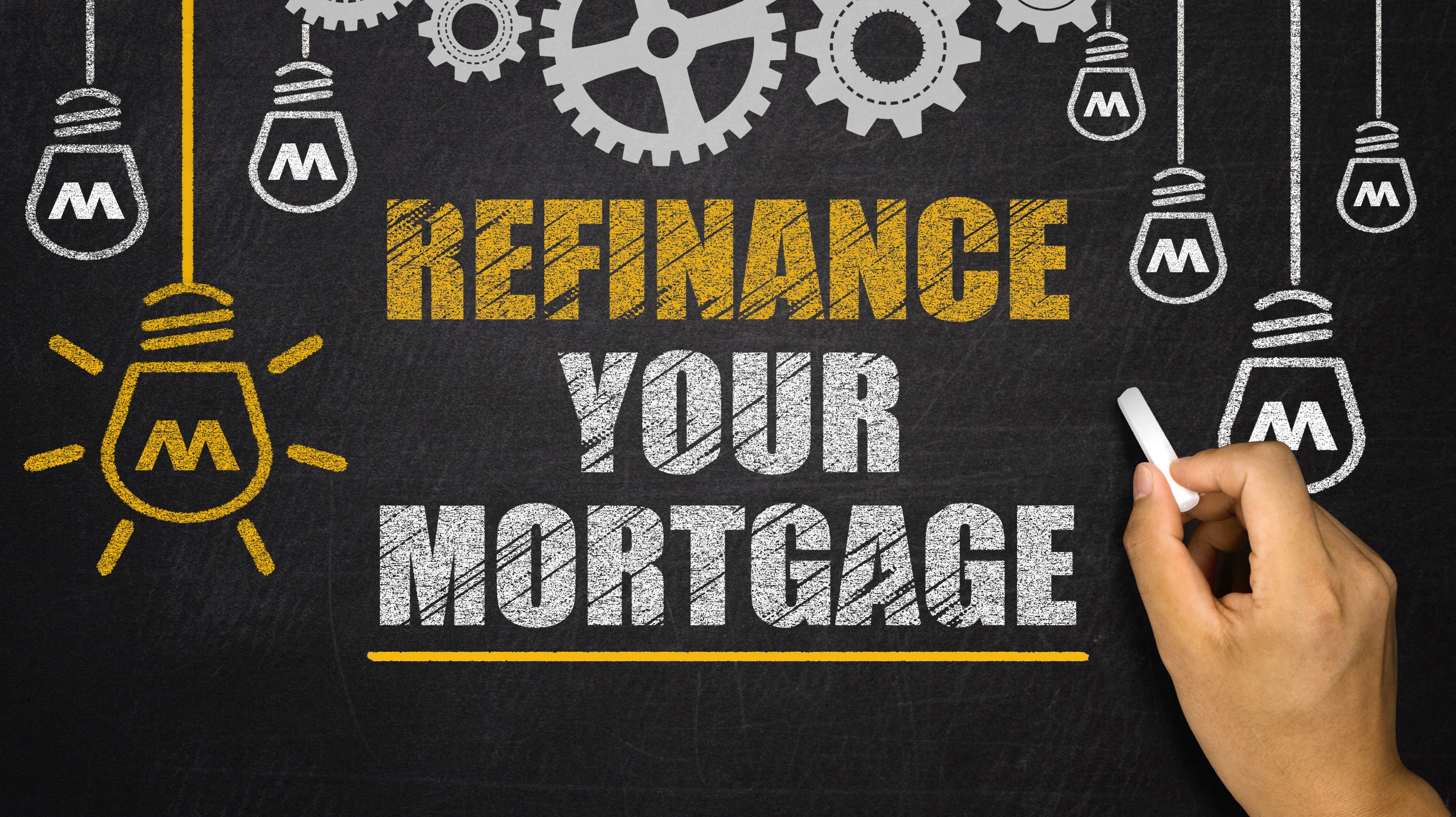Refinancing A Mortgage: Is It Too Soon?
 Due to the fact that mortgage rates are still hovering near record lows, many homeowners are considering refinancing to a lower interest rate. This is a great way for homeowners to shorten the term of the loan, reduce the size of their monthly payments, and access cash for a home improvement project. On the other hand, there are some situations where it might be too soon to refinance an existing mortgage. What are a few factors to consider?
Due to the fact that mortgage rates are still hovering near record lows, many homeowners are considering refinancing to a lower interest rate. This is a great way for homeowners to shorten the term of the loan, reduce the size of their monthly payments, and access cash for a home improvement project. On the other hand, there are some situations where it might be too soon to refinance an existing mortgage. What are a few factors to consider?
Conventional Home Loans Might Require A Certain Amount Of Equity
Homeowners with a conventional loan should reach out to their lender to see what the requirements are on the home loan before refinancing. Some lenders require homeowners to have a certain amount of equity built up in the home before they allow lenders to refinance, particularly for a cash-out refinance (when homeowners refinance and tap into home equity as a source of cash). Other lenders might simply require homeowners to wait six months after taking out the initial home loan before going through the refinance process. This all depends on the type of home loan.
FHA Loans Have Several Refinancing Options
An FHA loan is a loan backed by the government. There are several refinancing options available. First, homeowners seeking a cash-out refinance must have lived in the home as the main residence for 12 months and must have had a mortgage for six months. A simple rate adjustment refinance requires seven months of waiting after taking out the initial loan. Finally, anyone going through the FHA streamline process must have made six months payments in order to go through this process.
VA Loans Have A Simple Waiting Period
Anyone with a VA loan must wait 210 days or make six mortgage payments before they are allowed to refinance. Homeowners with questions should reach out to the lender to learn more.
It Might Be Time To Refinance
Because interest rates are still low, this could be a great time for homeowners to refinance their current home loans; however, it might be too soon for some homeowners. Keep in mind that there will also be closing costs associated with refinancing a home loan. Homeowners should work with a professional to see if refinancing is worth it for them.

 When you first bought your home a few years ago, perhaps you started off with a 30 year mortgage. Now, you are considering refinancing and changing it to a 20 year or even a 15 year mortgage.
When you first bought your home a few years ago, perhaps you started off with a 30 year mortgage. Now, you are considering refinancing and changing it to a 20 year or even a 15 year mortgage. There are lots of people who have heard that one of the top ways to ensure the best mortgage rate possible is to refinance. At the same time, it is critical to make sure that this process is planned out accordingly.
There are lots of people who have heard that one of the top ways to ensure the best mortgage rate possible is to refinance. At the same time, it is critical to make sure that this process is planned out accordingly. Most people have heard the saying that it might be a good idea to refinance if mortgage rates drop. For those who might not know, refinancing is essentially taking out a new loan to replace the old one because the new loan has a lower interest rate.
Most people have heard the saying that it might be a good idea to refinance if mortgage rates drop. For those who might not know, refinancing is essentially taking out a new loan to replace the old one because the new loan has a lower interest rate.